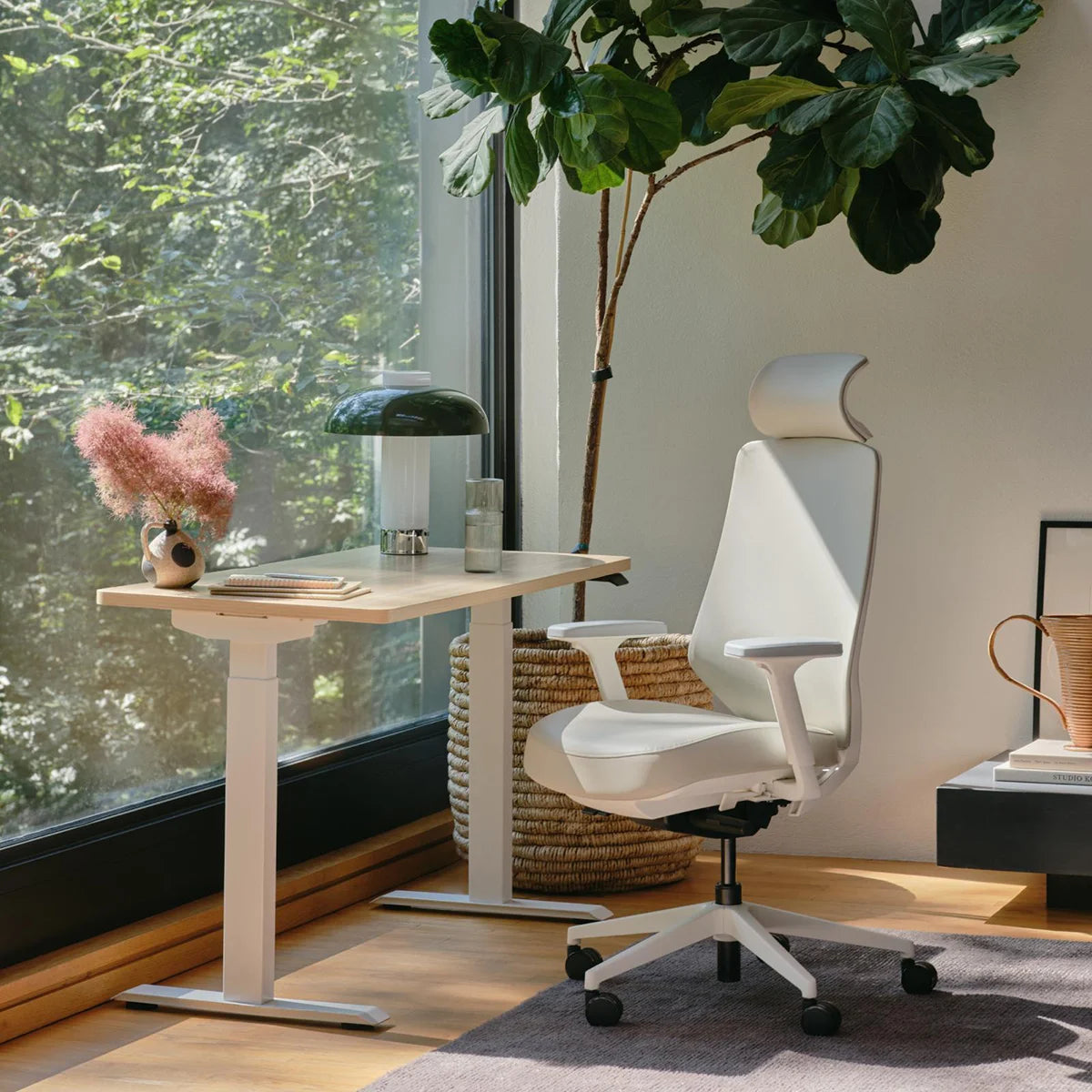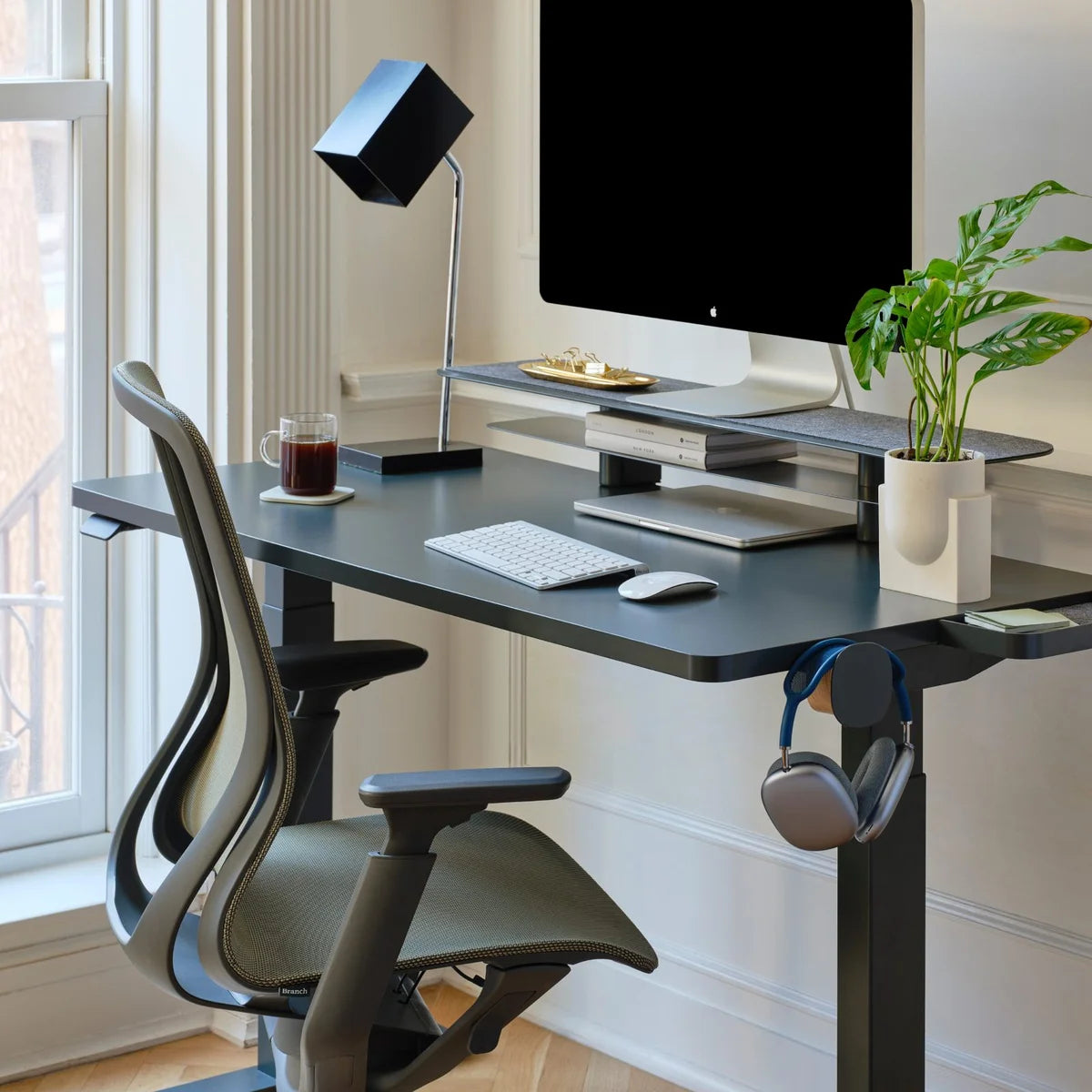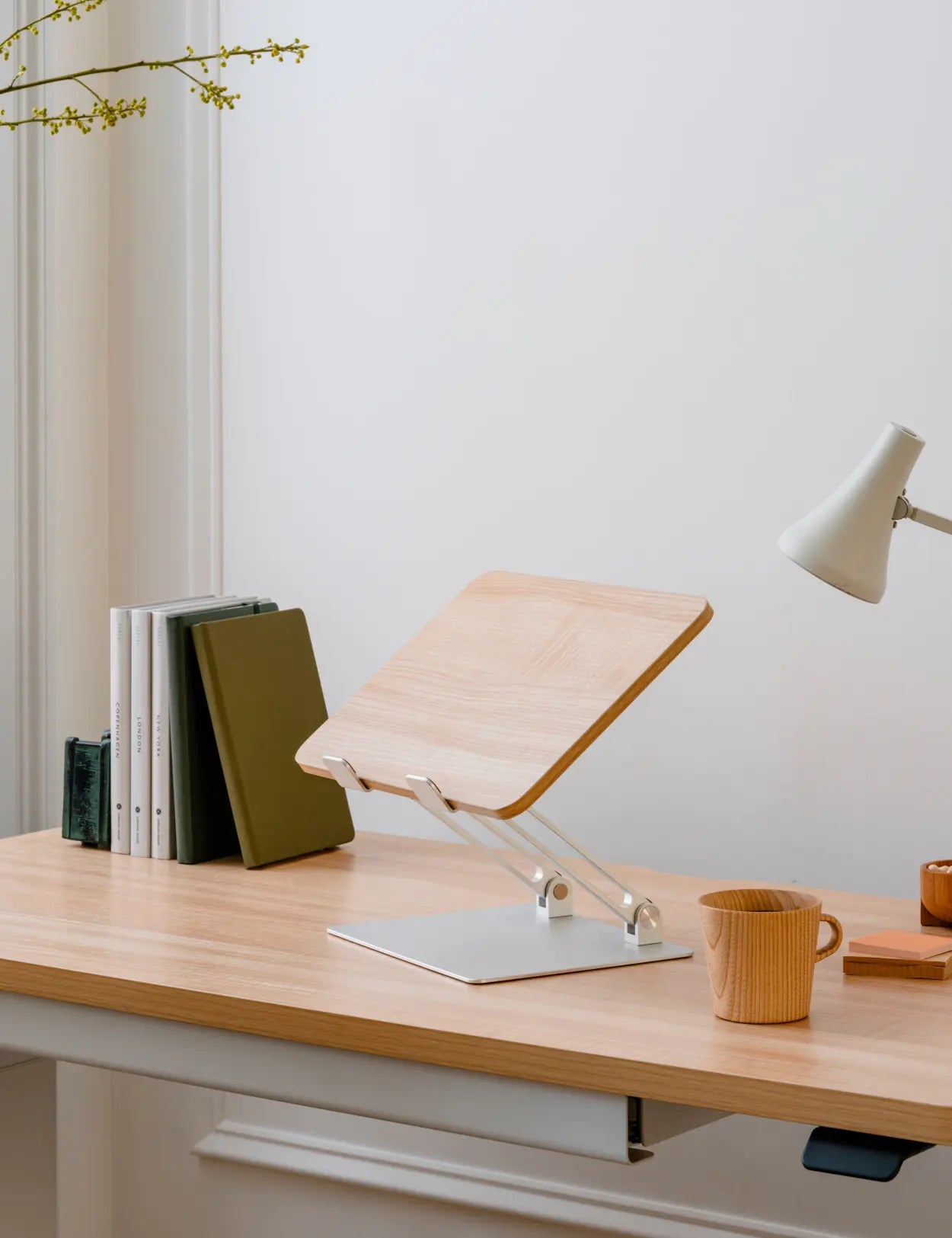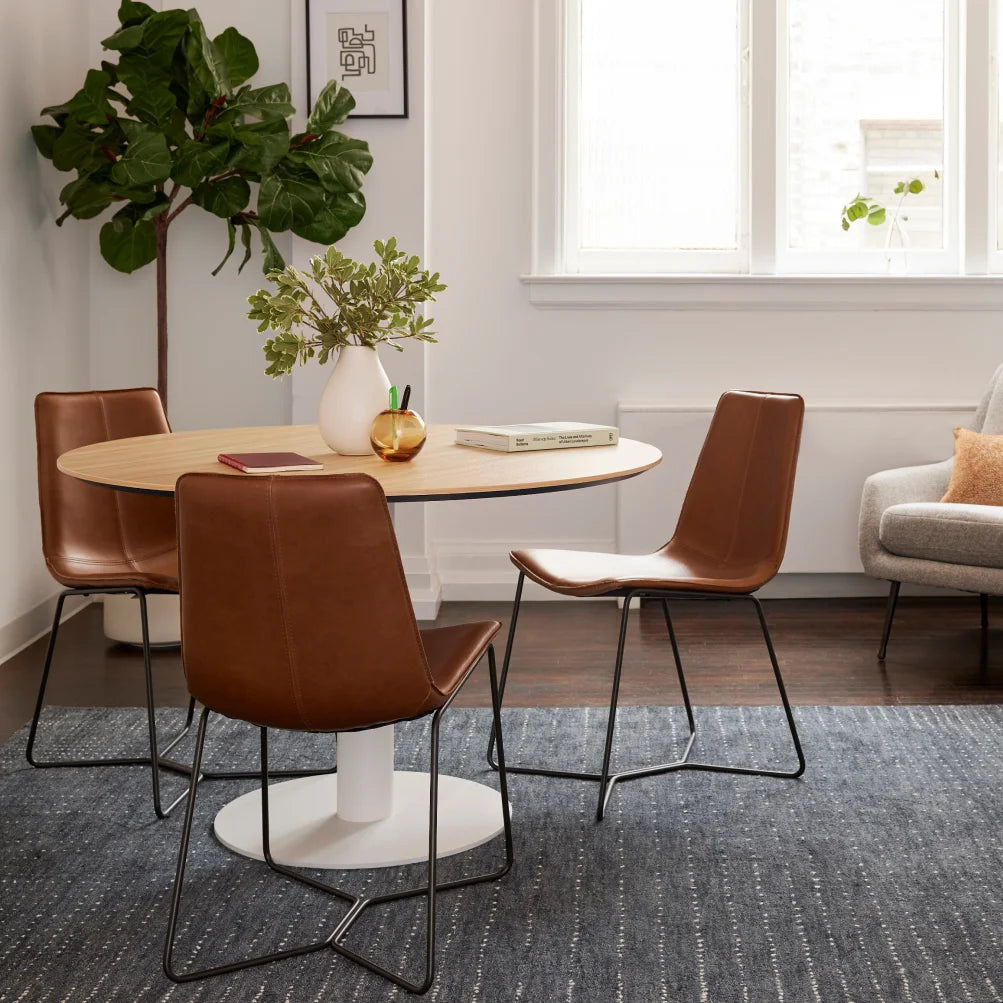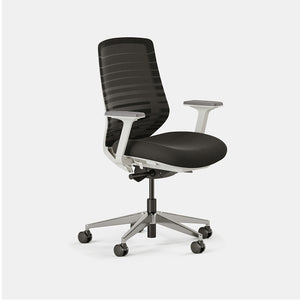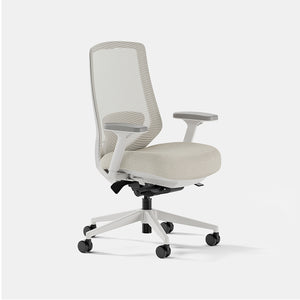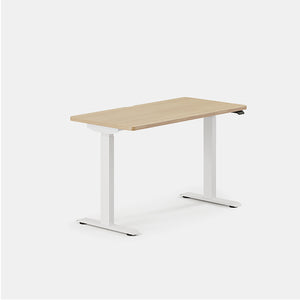You might be in the dark when it comes to panel pricing––it’s certainly not a product you encounter every month, or even every year. When browsing options, you’ll likely see a wide range of prices depending on the materials used, the size of the panels, the level of customization, and the fees associated with delivery and installation. Some very basic options are available for as low as $70, while larger, more elaborate designs can run into the thousands. As a rule of thumb, you should never have to spend more than $200-300 on an individual panel to get an exceptional product. When you make your budget, we suggest you consider which criteria are the most important to you, how many panels you’ll need, and how important it is that you can install them quickly. This will help you to decide what’s worth the money.
If you’re looking to invest in panels for your workspace, you won’t need to look much further. Our new collection of panels and partitions designed by boutique furniture and design brand, Emblem, feature a unique, modular design and come in a variety of colors and sizes so that you can integrate them seamlessly into your office. They adapt to any brand of furniture, and were called “an easy, affordable, and modular way to add structure and privacy to the open office” by WorkDesign. We offer competitive, transparent pricing, with faster shipping than other major players. Plus, we use high quality, eco-friendly materials like PolyMax™, which dampens office noise. In sum, they are built to function in the long-run rather than merely provide a quick fix for returning to your office in the near future.
Interested in getting a set of panels specially curated for your office? Contact us here, or visit our collection page.





